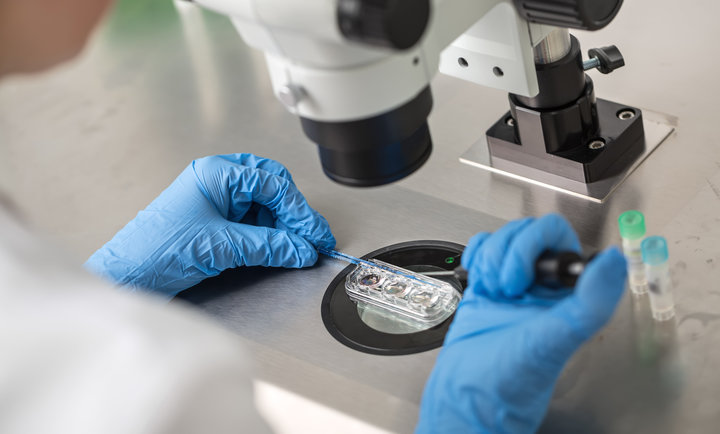Fertility 2.0: How machine learning is changing the way couples experience IVF
- adrianypc
- May 16, 2019
- 2 min read
(Credits)
IVF has come a long way in the past decade or so – there’s no denying that. However, there are still a lot of unknowns that couples undergoing IVF (or thinking of doing this) have to grapple with. For instance, while you can typically ask a clinic for its clinical pregnancy rate per embryo transfer and live birth rate, this is just a benchmark figure to keep in mind, and there’s no telling how high your own chances of success are.
Enter Univfy, a Californian startup that is using AI and machine learning-powered fertility prediction technology to shake up the IVF landscape.

The company was founded back in 2009 by Dr. Mylene Yao, an ob-gyn from Stanford and Wing Wong, a Stanford professor of statistics and health research. To date, Dr Yao and Wing Wong have raised an impressive $6 million to fund their research.
What exactly does Univfy do? They essentially offer a predictive fertility test termed the Univfy PreIVF report – this gives patients an accurate snapshot of their fertility, telling them how likely it is that they’ll conceive via IVF.
More specifically: Univfy partners with 12 fertility centers in the US, and based on data that each of these clinics provide, it’s built software-based predictive models that are sent to the various clinics via cloud-based systems.
With the model on hand, the ob-gyns at each clinic then add their patients’ medical information (BMI, age, fertility history, etc) to complete the PreIVF report. This allows the model to arrive at an IVF success prediction for the patients. What’s interesting here is that this prediction does NOT reflect an average – instead, it’s tailored to each patient.

Say you take this test, and the Univfy PreIVF report tells you that your odds are 80-20 per cycle, meaning the likelihood of your procedure succeeding is only 80%. With this information in mind, you’re now better equipped to make a decision about whether you want to proceed with IVF (or look into alternative assisted reproductive technology methods).
The team behind Univfy says that their goal is to “democratize access to IVF”. As Dr Mylene Yao shares, over 50% percent of women who try IVF for the first time drop out after the first failed cycle, even though their probability of having a baby is high after two or three treatment cycles. She goes on to note: “When the patients are paying for a treatment, they want to know what their chances are.”

(Credits)
Univfy states that its IVF predictions are shown to be over a 1,000 times more accurate as compared to standard age-based models, and that their error margins are 5% or less for most patients. Their performance metrics have also been published in top peer-reviewed clinical research journals, including Fertility & Sterility.
While Univfy is only working with fertility centres in the US as of now, we’re crossing our fingers that they’ll make their technology available in other countries (including Singapore!) in time to come.



Comments